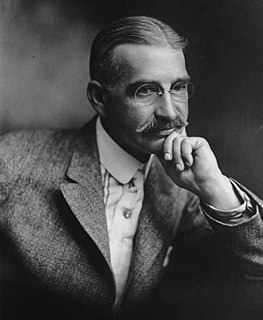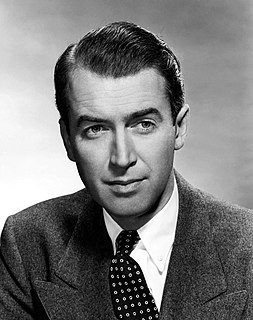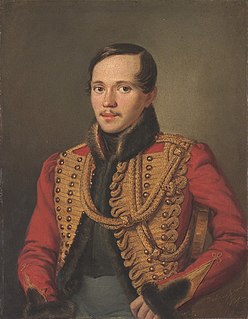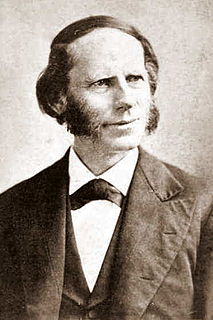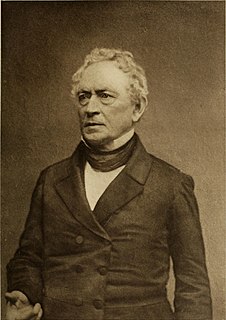A Quote by Hilaire Belloc
Great artistic talent in any direction... is hardly inherent to the man. It comes and goes; it is often possessed only for a short phase in his life; it hardly ever colors his character as a whole and has nothing to do with the moral and intellectual stuff of the mind and soul. Many great artists, perhaps most great artists, have been poor fellows indeed, whom to know was to despise.
Quote Topics
Any
Artistic
Artistic Talent
Artists
Been
Character
Colors
Comes And Goes
Despise
Direction
Ever
Fellows
Goes
Great
Great Art
Great Artist
Hardly
He Man
His
Indeed
Inherent
Intellectual
Know
Life
Man
Many
Mind
Moral
Most
Nothing
Often
Only
Perhaps
Phase
Poor
Possessed
Short
Soul
Stuff
Talent
Whole
Whom
Related Quotes
We don't know how large a proportion of the significant evidence about the universe is excluded by science. Perhaps hardly any. Perhaps so great a proportion that any body of knowledge which excludes it is hardly more than a caricature. Perhaps something in between - so that science finds truth but not the whole truth.
Familiarity with any great thing removes our awe of it. The great general is only terrible to the enemy; the great poet is frequently scolded by his wife; the children of the great statesman clamber about his knees with perfect trust and impunity; the great actor who is called before the curtain by admiring audiences is often waylaid at the stage door by his creditors.
I'd seen all the great entertainers by the time I was 14 or 15. My mother was artistic. My father was a bookmaker, so he had access to all those nightclubs, and he was smitten by certain artists, and we would go see them. We'd see comics like Sid Caesar and Milton Berle - those kind of artists - many of whom I worked with later in my life.
The only artists I have ever known who are personally delightful are bad artists. Good artists exist simply in what they make, and consequently are perfectly uninteresting in what they are. A great poet, a really great poet, is the most unpoetical of all creatures. But inferior poets are absolutely fascinating. The worse their rhymes are, the more picturesque they look. The mere fact of having published a book of second-rate sonnets makes a man quite irresistible. He lives the poetry that he cannot write. The others write the poetry that they dare not realize.
When one has praised Turgenev, however, for the beauty of his character and the beautiful truth of his art, one remembers that he, too, was human and therefore less than perfect. His chief failing was, perhaps, that of all the great artists, he was the most lacking in exuberance. That is why he began to be scorned in a world which rated exuberance higher than beauty or love or pity.
The history of a man's soul, even the pettiest soul, is hardly less interesting and useful than the history of a whole people; especially when the former is the result of the observations of a mature mind upon itself, and has been written without any egotistical desire of arousing sympathy or astonishment. Rousseau's Confessions has precisely this defect – he read it to his friends.
Indeed, the great Leonardo (da Vinci) remained like a child for the whole of his life in more than one way. It is said that all great men are bound to retain some infantile part. Even as an adult he continued to play, and this was another reason why he often appeared uncanny and incomprehensible to his contemporaries.
Hardly ever can a youth transferred to the society of his betters unlearn the nasality and other vices of speech bred in him by the associations of his growing years. Hardly ever, indeed, no matter how much money there be in his pocket, can he ever learn to dress like a gentleman-born. The merchants offer their wares as eagerly to him as to the veriest swell, but he simply cannot buy the right things.
A great character, founded on the living rock of principle is, in fact, not a solitary phenomenon, to be at once perceived, limited, and described. It is a dispensation of Providence, designed to have not merely an immediate, but a continuous, progressive, and never-ending agency. It survives the man who possessed it; survives his age,--and perhaps, his country, his language.
The student is half afraid to meet one of the great philosophers face to face. He feels himself inadequate and thinks he will not understand him. But if he only knew, the great man, just because of his greatness, is much more intelligible than his modern commentator. The simplest student will be able to understand, if not all, yet a very great deal of what Plato said; but hardly anyone can understand some modern books on Platonism.
The great artist when he comes, uses everything that has been discovered or known about his art up to that point, being able to accept or reject in a time so short it seems that the knowledge was born with him, rather than that he takes instantly what it takes the ordinary man a lifetime to know, and then the great artist goes beyond what has been done or known and makes something of his own.


